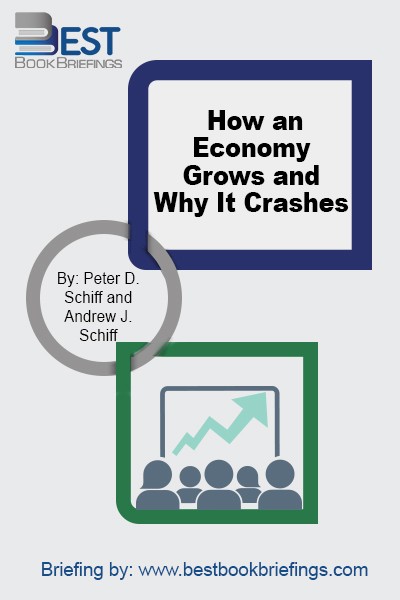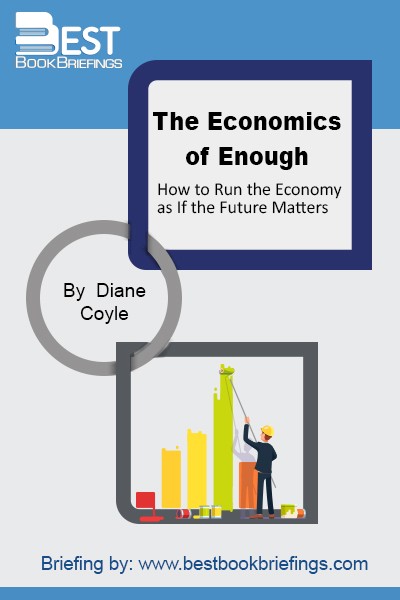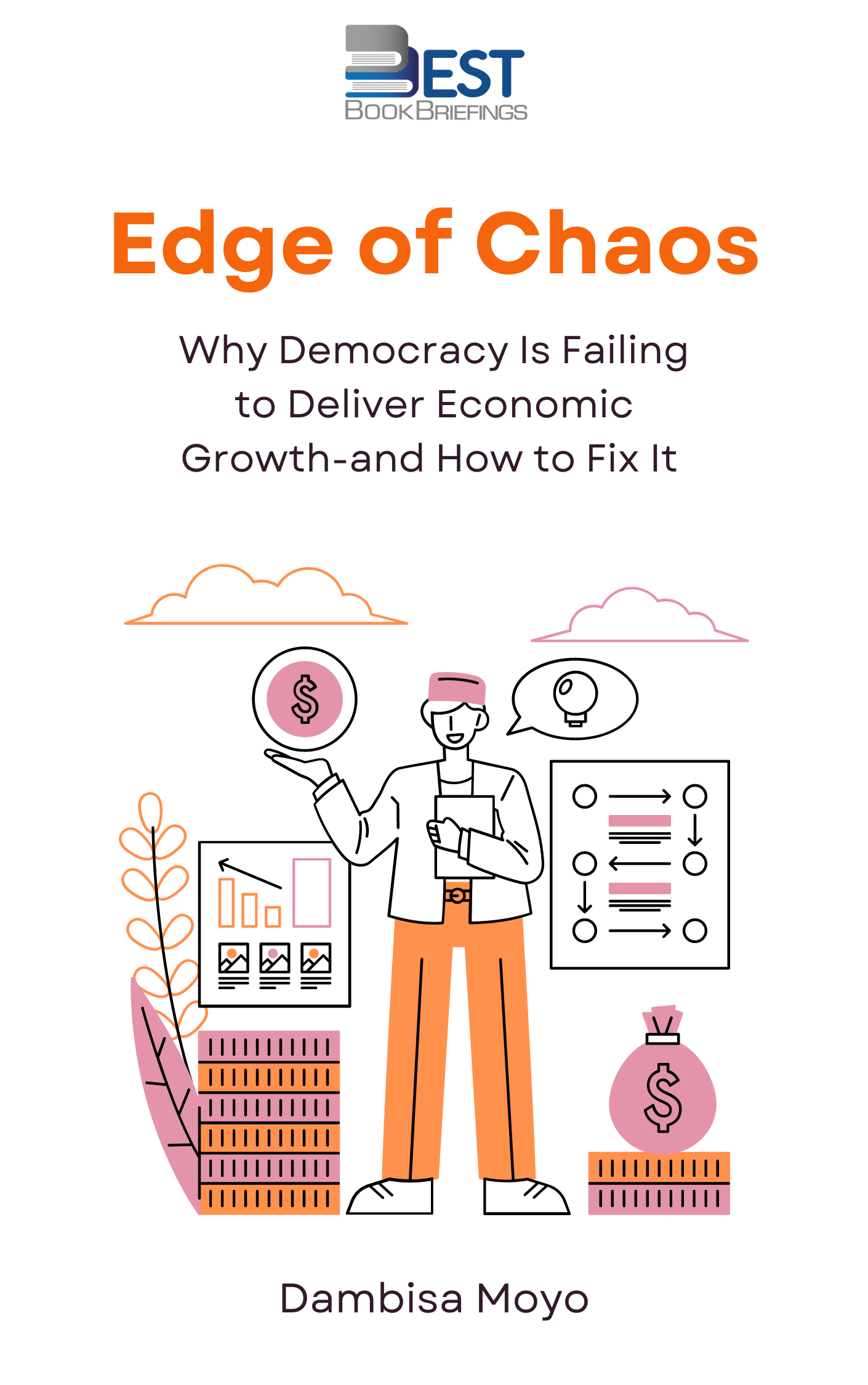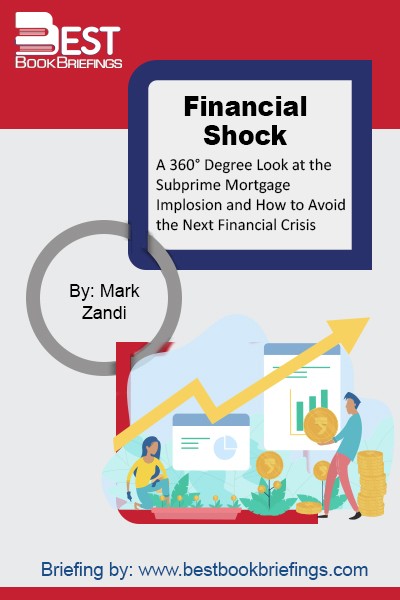Financial Shock
A 360° Degree Look at the Subprime Mortgage Implosion and How to Avoid the Next Financial Crisis
Editorial Review
Watching a financial crisis feels much like watching a natural crisis; as long as you are watching from distance. Although one is made by man and the other isn’t, there is something deeply mysterious about each; it isn’t quite clear how or why, or why now. Of course, each can create enormous damage and can be breaking for those directly involved. The repercussions last well beyond the immediate shock; nearly everyone is affected at least indirectly, and each leaves scars that never entirely disappear.
Book Reviews
Books on Related Topics

Many warn that the next stage of globalization--the offshoring of research and development to China and India--threatens the foundations of Western prosperity. But in The Venturesome Economy, acclaimed business and economics scholar Amar Bhide shows how wrong the doomsayers are.Using extensive field studies on venture-capital-backed businesses to examine how technology really

A black swan is a highly improbable event with three principal characteristics: It is unpredictable; it carries a massive impact; and, after the fact, we concoct an explanation that makes it appear less random, and more predictable, than it was. The astonishing success of Google was a black swan; so was 9/11.

Mullainathan and Shafir discuss how scarcity affects our daily lives, recounting anecdotes of their own foibles and making surprising connections that bring this research alive. Their book provides a new way of understanding why the poor stay poor and the busy stay busy, and it reveals not only how scarcity leads

In 2007, when the world was staring into the teeth of the biggest economic catastrophe in three generations, very few economists had any idea there was any trouble lurking on the horizon. Three years into the mess, economists now offer remedies that strike most people as frankly ridiculous. We are told

The world’s leading economies are facing not just one but many crises. The financial meltdown may not be over, climate change threatens major global disruption, economic inequality has reached extremes not seen for a century, and government and business are widely distrusted. At the same time, many people regret the consumerism

In Edge of Chaos, Dambisa Moyo shows why economic growth is essential to global stability, and why liberal democracies are failing to produce it today. Rather than turning away from democracy, she argues, we must fundamentally reform it. Edge of Chaos presents a radical blueprint for change in order to galvanize



